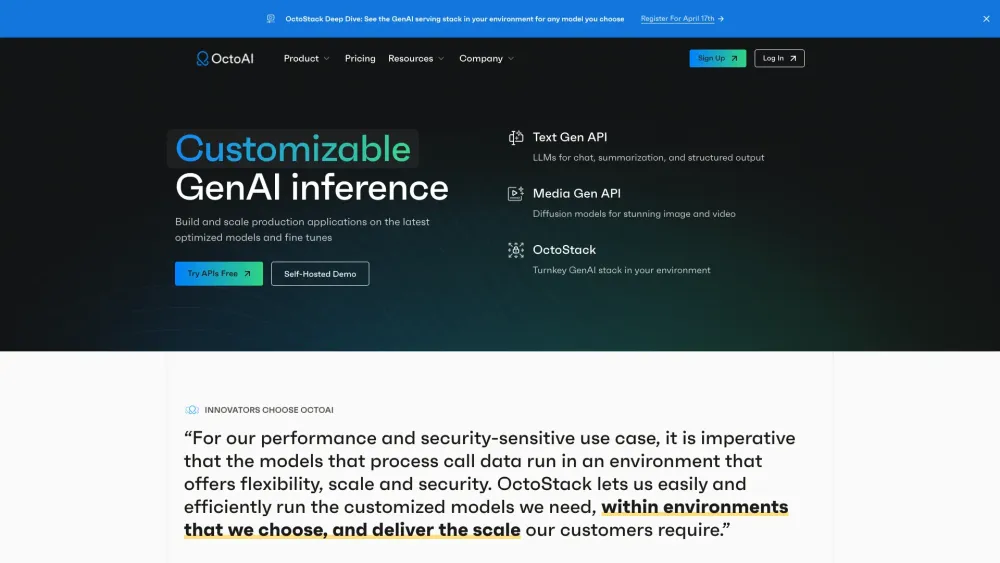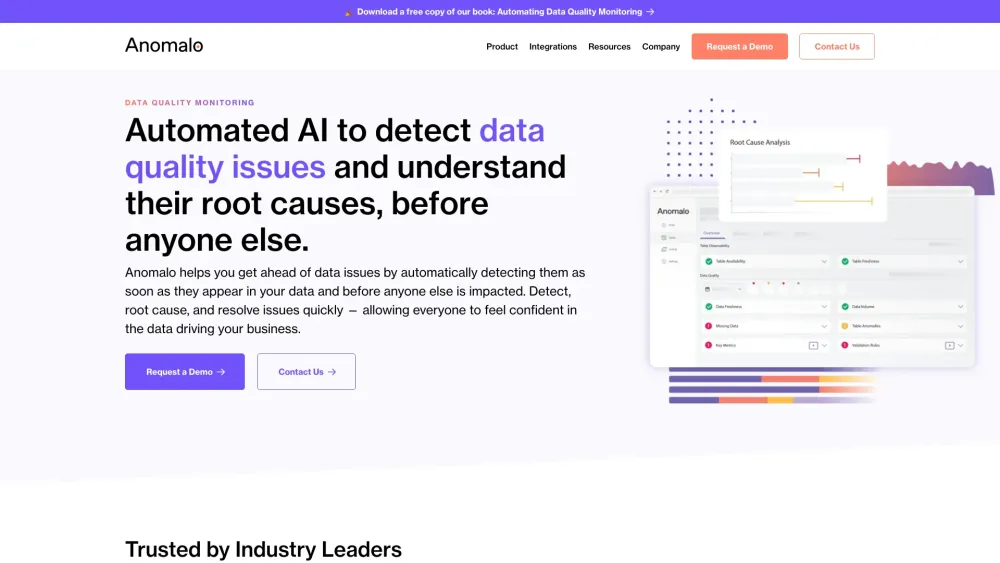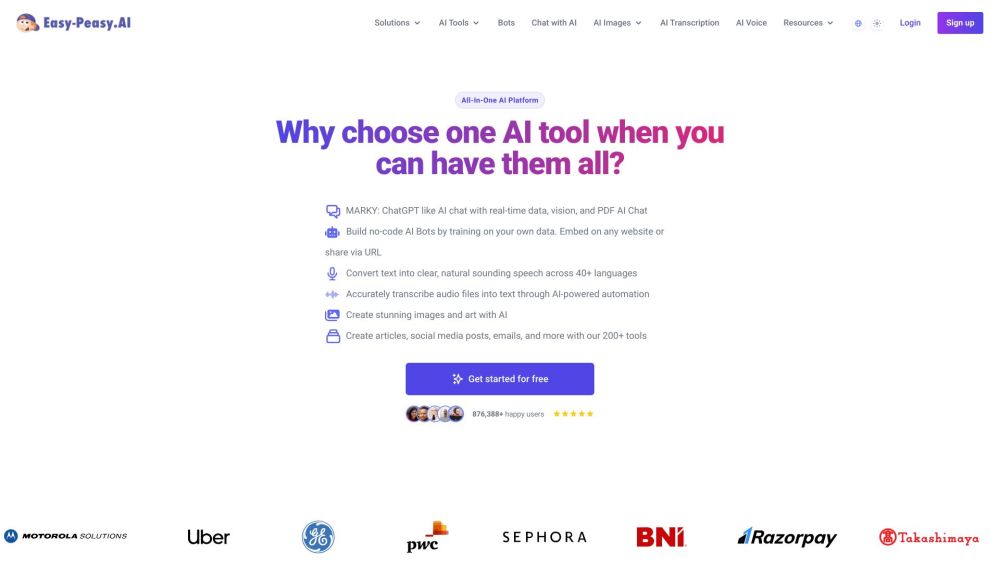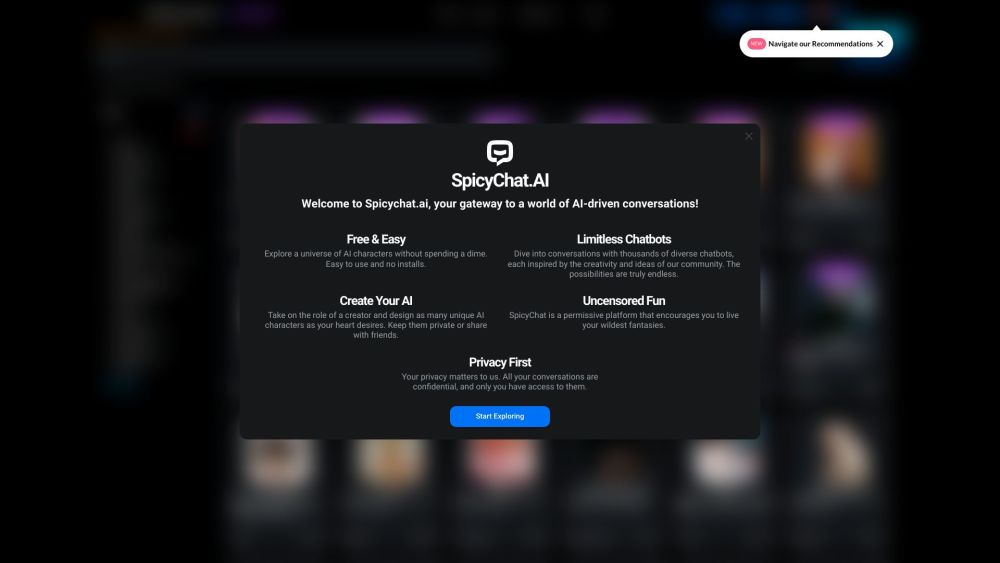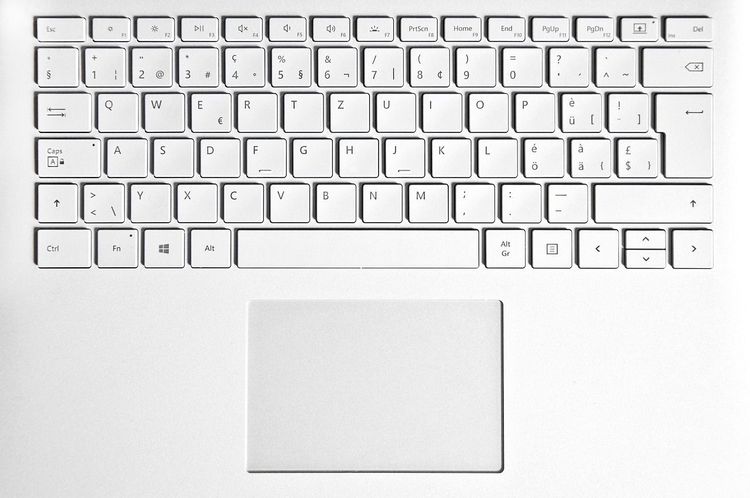Recently, there has been a major development in the field of artificial intelligence, as OpenAI, a leading name in the AI industry, has teamed up with defense startup Anduril Industries to work on AI technologies for the U.S. Department of Defense.
This collaboration is quite intriguing. The plan is to combine OpenAI's "star models," such as GPT-4 and OpenAI 01, with Anduril's systems and software in a powerful partnership. Why is this happening? It’s all about enhancing the U.S. military’s defensive capabilities, particularly when it comes to countering elusive drone attacks. The timing is interesting, as it’s been less than a year since OpenAI adjusted its stance on military applications. Although policies still prohibit models from being used for weapons development, the earlier restrictions explicitly forbidding the use of AI technology in "military and warfare" have quietly been removed.
The background to this partnership is significant. Back in January 2023, OpenAI began revising its policies and started collaborating with the U.S. Defense Advanced Research Projects Agency (DARPA) to develop cybersecurity tools. By October, OpenAI had brought in former Palantir security officers and was actively marketing its products to U.S. military and national security agencies. This swift move into the defense sector has been remarkable. An OpenAI spokesperson quickly clarified, saying, “Our collaboration with Anduril is legitimate and focused solely on enhancing systems to defend against drone threats—nothing more.” The goal of this partnership is straightforward: upgrading Anduril's technology to detect and neutralize drones that pose a threat to the U.S. military and its allies. The U.S. Department of Defense has already purchased Anduril’s Roadrunner drone interceptor, as small drones are increasingly populating the battlefield, making advanced countermeasures necessary. Anduril’s product line is also quite diverse, ranging from sentinel towers and communications jammers to military drones and autonomous submarines.
The significance of this partnership is not just technological; both sides see it as a key move in protecting U.S. troops and countering China’s advanced AI capabilities. Anduril’s CEO, Brian Schimpf, enthusiastically remarked, “Working with OpenAI brings world-class expertise in AI to the table, filling a critical gap in global air defense capabilities.” Both companies have assured that they will develop reliable and responsible solutions to enable military and intelligence operators to make faster, more accurate decisions in the high-pressure environments of the battlefield.
It’s worth noting that Anduril was founded by Palmer Luckey, the creator of Oculus Rift and co-founder of Oculus VR. However, Luckey is also a controversial figure. In 2017, he left Meta (then Facebook) after it was revealed that he had donated $10,000 to a group that had posted pro-Donald Trump and anti-Hillary Clinton memes on billboards, sparking significant public backlash.
OpenAI’s CEO, Sam Altman, also weighed in, stating, “Our mission at OpenAI is to develop AI that benefits a wide range of people. The U.S.-led initiatives in this area ensure that technology aligns with democratic values, and we are fully supportive of that.”
